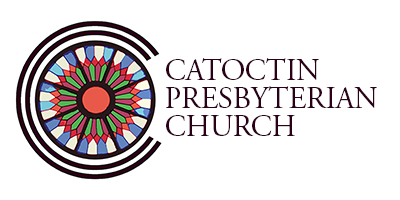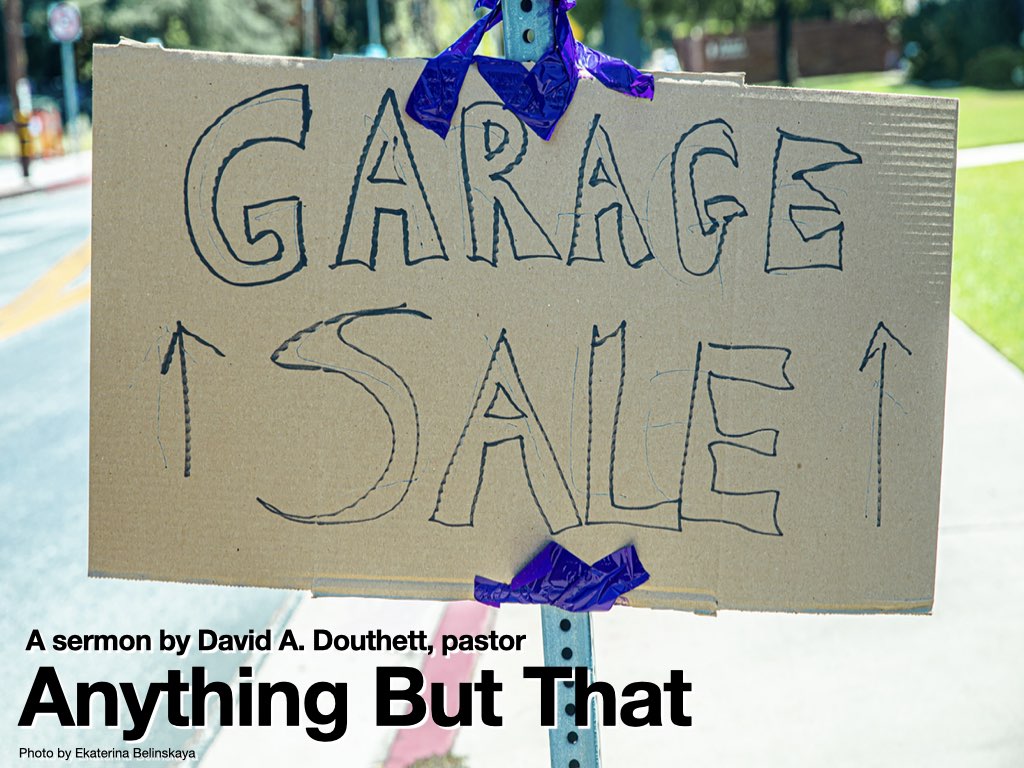Date: August 7, 2022
Bible Text: Genesis 15:1-6, Luke 12:32-40 | Rev. David A. Douthett
We are continuing a string of sermons from Luke's gospel that include Jesus teaching on how faith should shape our everyday lives and including a number of parables to illustrate the points. Last week we heard the parable of the rich fool. This week we hear more about how we should consider our wealth and property compared to other things Jesus seems to consider more important. In our culture where wealth is such a critical measure, how will Jesus' words play?
If you would like to take communion with us virtually, be sure to have some bread and grape juice or wine (or the nearest you can find) and then just follow along when we get to that part of the service.
[We had a little trouble with our mics not quite being turned on right at the start of the service. We got it sorted out in about a minute and a half. Sorry for any inconvenience.]
Music used in the sermon is "Dubstep" from www.bensound.com and is used by permission.
Thoughts from the Preacher
Much of the material for the sermon today comes from Fr. Richard Rohr, founder of the Center for Action and Contemplation (cac.org) in Albuquerque, NM. His discussion of the Trinity comes (to me) from the podcast Another Name for Every Thing, season 2, in the episode "The Holy Spirit." In this episode he answers listener questions about the Holy Spirit (oddly enough) but ends up talking a lot about the whole of the Trinity. The podcast originated as a discussion about his book, The Universal Christ, published March 5, 2019 by Convergent Books.
While I chose the Genesis passage about God's promise to Abram, illustrated by the stars, it didn't really make it into the sermon. Hopefully, the connection isn't too hard to make. Abram trusted God for a future he could hardly imagine and could hardly wait for. God counted that trust as righteousness. When we trust God as Abram did, God is able to make amazing things happen. And it takes trust, of course, to do as Jesus calls us to do.
Being ready for the coming of the Son of Man, as Jesus describes in the parable, may refer at least in part to openness to the transforming work of the Holy Spirit that happens when we loosen our grasp on the things of earth. Perhaps it looks like emptying ourselves for God's purposes and being filled by God's Spirit.
Topics: Children of God,Kingdom of Heaven,Stewardship,Trinity,Trusting Jesus


Leave A Comment